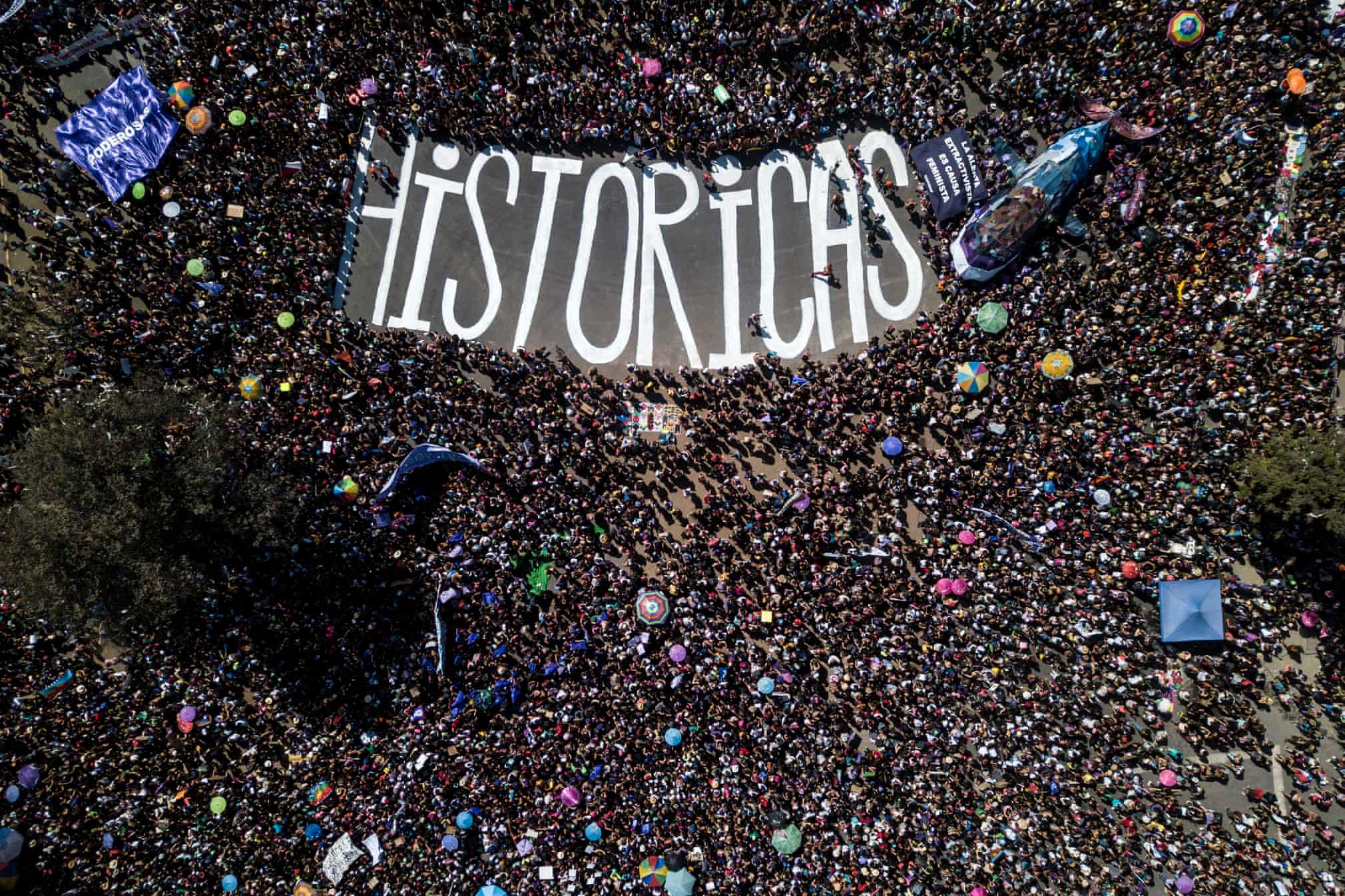Ever heard of Maria Louise Baldwin (1856 – 1922)? Neither had I. You can find a portrait of her and other female African-American activists at this Library of Congress site. I came across her name and that of many other activists in an illuminating essay by a SUNY professor of anthropology and women’s studies, Denise Oliver Velez, who talks about a fitting term for the lack of prominence that black women activists experience: misogynoir. Love that word, hate the concept, namely that being black makes it even harder for women to be treated fairly or even being remembered…. gender compounded by race.

Baldwin was a highly respected and successful educator in the Boston area in the early 1900s, and believed that a democratic multiracial society could be established in the US. She was a prominent leader, teaching people like e.e.cummings, among others, and became part of the Niagara Movement, the precursor of the NAAPC (not without a fight there, either: the male members of the movements at first did not want to admit women…) The movement was convened to renounce Booker T. Washington’s accommodation-ism (the movement name derived from the fact that as black folks they had to rent hotel rooms in Ontario, Canada, because nobody would let them on the US side.) Here is what Baldwin and others in the movement fought for (and here is a good source for the general history of resistance in that era:)
…. freedom of speech and criticism; a free press; manhood suffrage; abolition of all caste distinctions based on race or color; recognition of the principle of human brotherhood; belief in the dignity of labor; and a united effort to realize these ideals under wise and courageous leadership.

That fight has continued throughout the last 120 years, obviously, with black women leading the charge in so many cases, voting rights included. We only have to remember the events of Bloody Sunday in Selma, which has its anniversary in close proximity to this International Women’s Day. To borrow the words of Marcela Howell, the founder and president of In Our Own Voice: National Black Women’s Reproductive Justice Agenda: “Black women leaders are carrying both the water — as we do the hard, unglamorous work of organizing in and nurturing our communities — and the torch, as we inspire the country to see past the darkness to a just future.”

If all this makes you more curious about history and you are looking for informative sources – here’s a reading list (selected not by me but Keisha N. Blain, an Associate Professor of History at the University of Pittsburgh. She is the author of the multi-prize winning book, Set the World on Fire: Black Nationalist Women and the Global Struggle for Freedom. The list looked interesting, and the two books I knew spoke for the rest that I have not (yet) read.

When and Where I Enter: The Impact of Black Women on Race and Sex in America Paula Giddings (1984)
To Joy My Freedom: Southern Black Women’s Lives and Labors after the Civil War Tera W. Hunter (1998)
Blues Legacies and Black Feminism: Gertrude “Ma” Rainey, Bessie Smith and Billie Holiday Angela Davis (1999)
Ella Baker and the Black Freedom Movement: A Radical Democratic Vision Barbara Ransby (2005)

Southern Horrors: Women and the Politics of Rape and Lynching Crystal N. Feimster (2009)
Sojourning for Freedom: Black Women, American Communism and the Making of Black Left Feminism Erik S. McDuffie (2011)
Jane Crow: The Life of Pauli Murray Rosalind Rosenberg (2017)
Sex Workers, Psychics and Numbers Runners: Black Women in New York City’s Underground Economy LaShawn D. Harris (2017)
Let’s resurrect the memory of these incredible women!

And do it while listening to some of the more energetic music around – Yola will make us hum!







